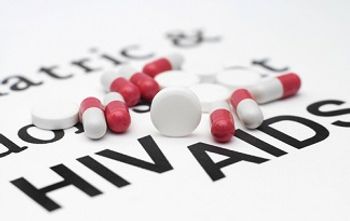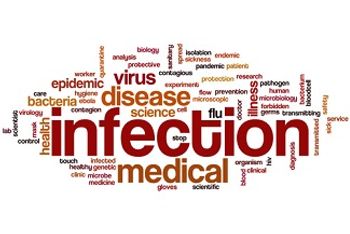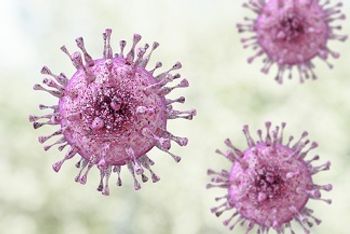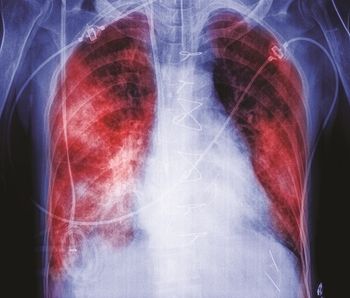
A new study underscores components to antimicrobial resistance that we may be ignoring.

A new study underscores components to antimicrobial resistance that we may be ignoring.

An international literature review indicates that 78% of children with multidrug-resistant tuberculosis were successfully treated with second-line treatment.

In a new study, investigators found that providing guidance and advice in people who inject drugs increased use of antiretroviral medication use by 30%.

The CDC and FDA are investigating a multistate outbreak of Salmonella Enteritidis linked with Gravel Ridge Farms shell eggs.

A team of investigators have discovered a new way to link samples submitted for TB testing to individuals who provided them as well as where the sample was collected.

Study results suggest that treatment with the anti-inflammatory steroid dexamethasone is associated with slowed clearance of fungal infections in HIV-associated cryptococcal meningitis.

Findings from a pair of studies from investigators in Israel suggest that probiotic supplements may not be as beneficial as previously thought.

Results of the 2016 European Gonococcal Antimicrobial Surveillance Program report a steady rise in drug resistant-gonorrhea infections.

A treatment comprised of DOR/3TC/TDF was non-superior to EFV/FTC/TDF for primary efficacy but resulted in fewer adverse events.

We’ve rounded up a list of important US Food and Drug Administration (FDA) and US Department of Agriculture (USDA) recalls from this past week.

Stay up-to-date on the latest infectious disease news by checking out our top 5 articles of the week.

The FDA has approved Grifols’ new formulation of immune globulin (GamaSTAN) for hepatitis A virus and measles post-exposure prophylaxis.

A Legionnaires’ disease outbreak in New Hampshire has been linked to at least 1 resort in the town of Hampton.

Do ancient medicinal treatments hold potential for future antimicrobial efforts?

New research finds that the flu vaccine is more successful in women than in men, but the complexity of the issue makes it difficult to know exactly why that is.

Strands of hair have several advantages over plasma samples in revealing whether a person with HIV is adhering to a medication regimen.

Ebola is not the only infectious disease that health officials in the Democratic Republic of the Congo are struggling with.

The conventional approach to fighting resistant E coli infections typically involves the use of no more than 2 antibiotics; however, combining as many as 5 may be the trick to fighting these infections.

Investigators have found that a strain of E coli found in retail poultry products can cause a wide range of infections in people.

New practical advice for the treatment of C difficile from SHEA advises against routine testing in NICU patients with diarrhea.

Tick-borne infections will pose significant threats in the near future, according to infectious disease experts.

Investigators find that only 48% of surveyed health care providers had ever prescribed PrEP.

Although the incidence of Chlamydia trachomatis infections remains high among young women (ages 14-24), new data indicate that prevalence of the sexually-transmitted infection is decreasing.

A new study has uncovered how cytomegalovirus can bypass the body’s defense mechanisms that prevent viral infections.

Study results indicate that patients with HIV are willing to wait at least 19 hours or travel up to 28 miles to see a “nice” provider.

Investigators find telavancin has potent in vitro activity and low resistance development potential when used against S aureus isolates in patients with cystic fibrosis.

We’ve rounded up a list of important US Food and Drug Administration (FDA) and US Department of Agriculture (USDA) recalls from this past week.

Stay up-to-date on the latest infectious disease news by checking out our top 5 articles of the week.

Investigators from Loyola Medicine have developed a 3-pronged model that could identify patients at risk for acute respiratory distress syndrome.

Rezafungin, an investigational antifungal, demonstrated significant activity against Aspergillus in an in vitro study.